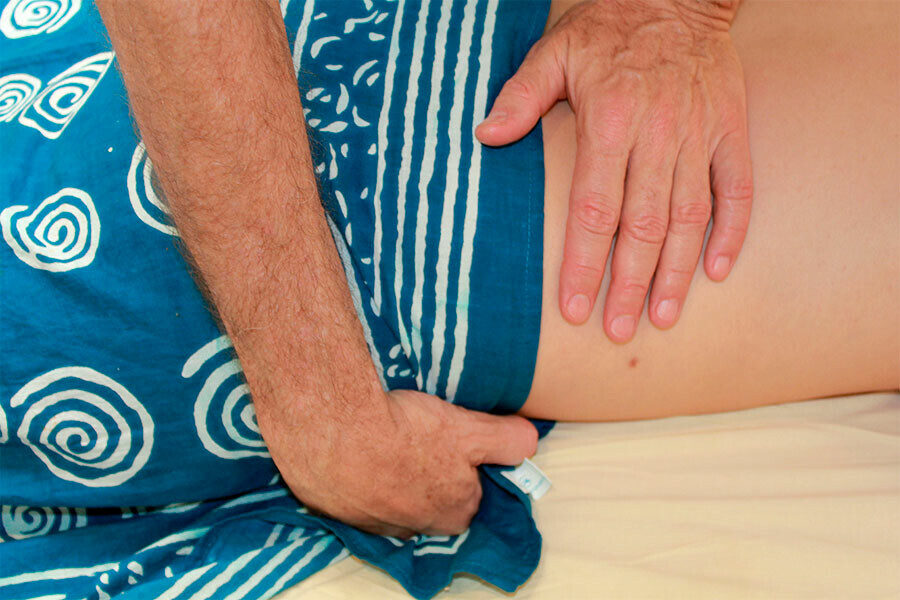
Workshop in Antwerp, 2 days
Intensive course for massage practitioners. We will explore the nature of stress and look at how massage can remedy distress and stress disorders.
In order to improve the quality of their bodywork, most massage therapists focus on learning new techniques to add to their tool belts. But paradoxically, the most important element in successful massage outcomes might not be WHAT techniques you do, but HOW you do them, and WHO you are when you're doing them. In other words, the kind of relatedness you establish with your clients, and your own internal state as you engage with them, may be the most important influencers on the quality and outcome of your work, as well as your clients' overall massage experience.
Humans (and all mammals) engage in something called 'limbic resonance', where the internal state of one can deeply influence the internal state of the other, and vice versa. This can happen very rapidly, and often subliminally. To say it another way, others feel and respond to our inner states, and we in turn respond to theirs. We can actually regulate the internal state of another, and they can help regulate us. This is a fundamental and necessary part of human experience, and a huge benefit of massage, whether our clients (and we) know it or not.
In addition, as massage therapists, we are often looked upon as stress-management specialists--our clients are looking for relief from their stresses, and we are not only trying to help them, but are trying to manage our own stresses as well. But what is this thing we call stress? How do we create deep states of calm in ourselves and others? And since stress is not going away, how do we effectively work with it?
What will you learn?
In this class we will explore the nature of stress, some of its paradoxes, and how to skillfully work with them. We will examine the anatomy and physiology of the autonomic nervous system and the hypothalamic-pituitary-adrenal axis of the endocrine system; how those systems upregulate in times of stress, and why. We will investigate the etiology of stress-related diseases and disorders caused by autonomic-neuroendocrine imbalance; they are rampant in our culture. We will then look at how massage can remedy distress and stress disorders, and positively influence health and balance. We will also review some common (and successful) stress management approaches, including yoga, mindfulness-based stress reduction, breathing, counseling, diet, biofeedback, exercise, hydrotherapy, attitude, and loving, supportive relationships. You will learn how to better manage your own stresses, and how to help your clients manage theirs.
Workshop in English.
"One of the best non-technique classes I've attended in years. I would recommend it to any therapist looking for information related to our field." - BJ Erkan, USA
"The subject and the way the material was explained was challenging but not overwhelming. Bottom line, a sweet spot class." -Barbara Falorni, Amsterdam
Questions?
Contact us, we will be happy to help you.
Brian Utting will facilitate 2 other workshops in Antwerp: Connective tissue massage and Visceral and abdominal massage. There is a 10% discount when you register for 2 workshops (= 144 EUR per workshop), a 25% discount when registering for the 3 workshops (= 120 EUR per workshop).
